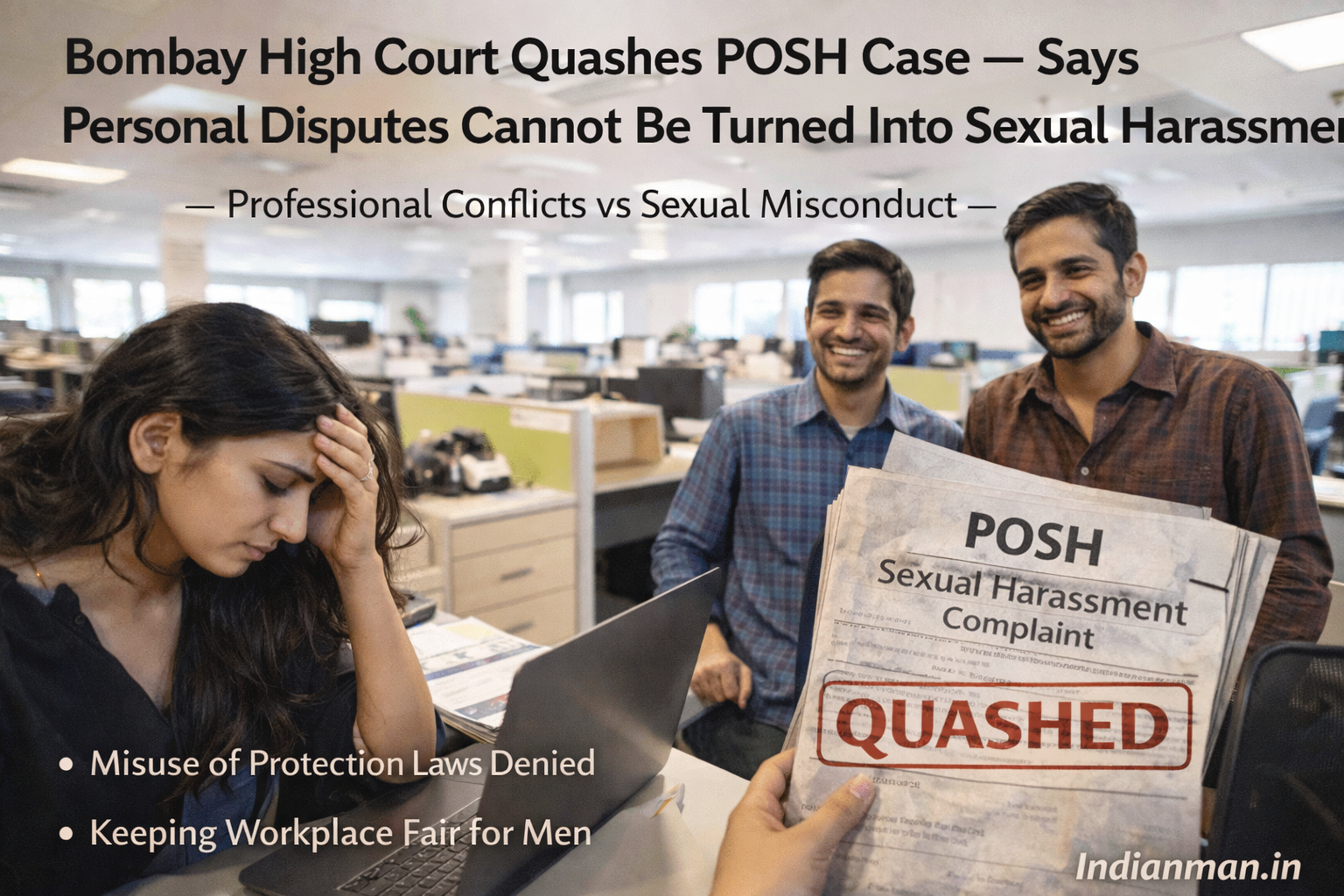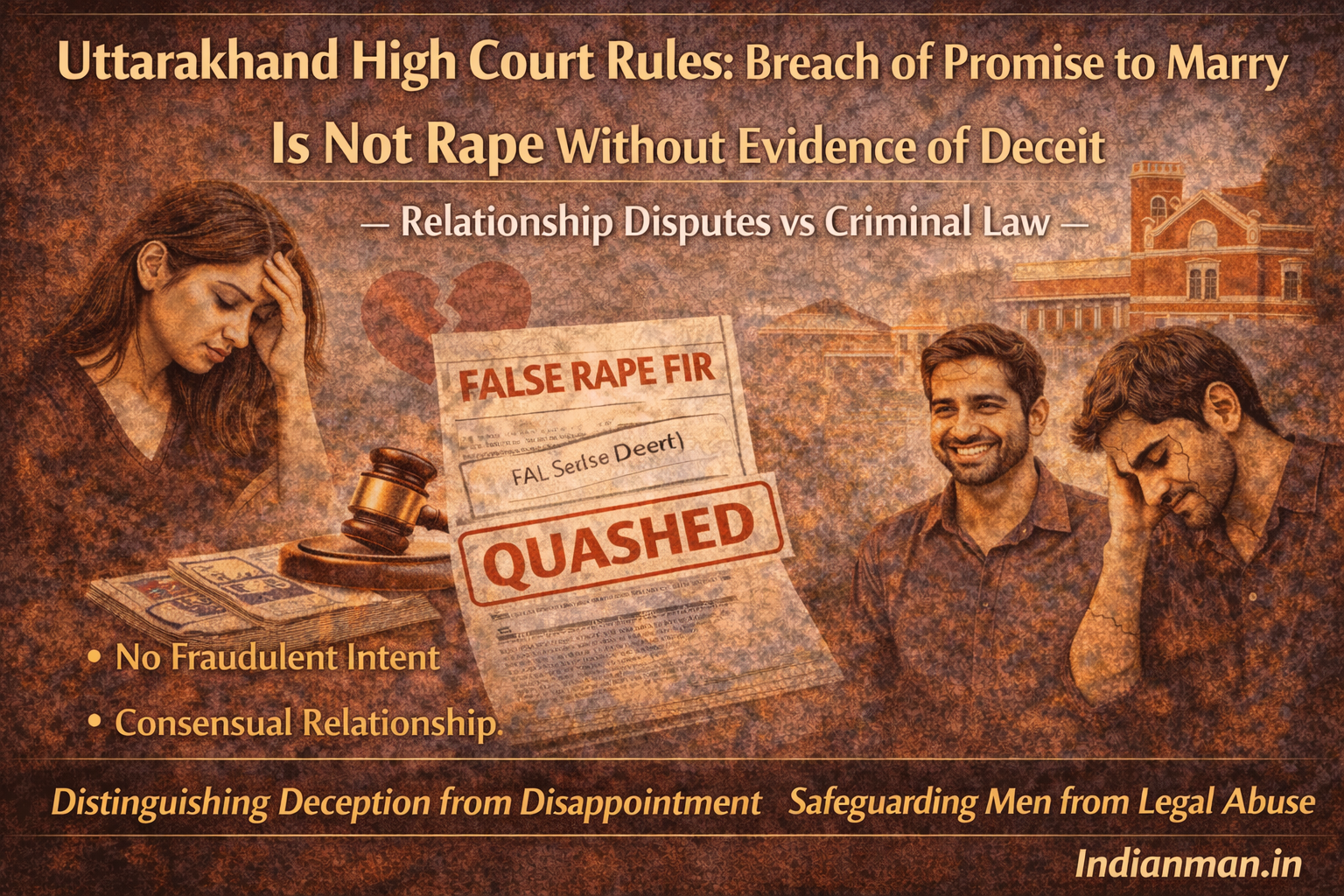The Calcutta High Court has issued important guidance to adolescent boys and girls in a case involving a young boy who was initially sentenced to 20 years in prison for engaging in sexual relations with his underage partner. The court acquitted the boy, noting that the Protection of Children from Sexual Offences (POCSO) Act does not consider consensual, non-exploitative sexual activity between minors aged 16-18.
A division bench of Justices Chitta Ranjan Dash and Partha Sarathi Sen referred to the legal principle from the Mahabharata, “Dharmo Rakshati Rakshita” (one who protects the law is protected by the law), while advising young people to understand their responsibilities and rights.
The court laid out specific duties for adolescent girls, urging them to:
- Protect their bodily integrity.
- Safeguard their dignity and self-worth.
- Focus on their overall development beyond gender barriers.
- Control sexual urges, as society often places a higher burden on females when they give in to brief moments of sexual pleasure.
- Protect their bodily autonomy and privacy.
The court also advised adolescent boys to respect these duties and to train themselves to honor a woman’s dignity, privacy, and right to bodily autonomy.
The bench emphasized that while sexual attraction in adolescence is natural, acting on those urges isn’t always normative. It depends on the individual’s actions, whether male or female. The court further stressed that sexual urges are not inherently normal, but rather a result of individual behavior.
Recognizing the importance of early sexual education, the court highlighted that this education should begin at home and continue in schools, focusing on reproductive health and hygiene. The judges noted that while sex among adolescents may be considered normal, it should only occur in relationships grounded in commitment and responsibility.
The court concluded by advising adolescents not to engage in sexual activities without a sense of commitment, warning that such actions could lead them down a dark path. Instead, they should focus on becoming self-reliant and economically independent before engaging in intimate relationships.
This ruling serves as a reminder of the responsibilities young people have toward themselves and others, and the critical role of education in helping them make informed decisions.
Case: Probhat Purkait @ Provat v The State of West Bengal
Be a part our social media community:
Facebook: https://www.facebook.com/IndianMan.in?mibextid=ZbWKwL
Instagram:
https://www.instagram.com/indianman.in?igsh=MWZ2N3N0ZmpwM3l3cw==




